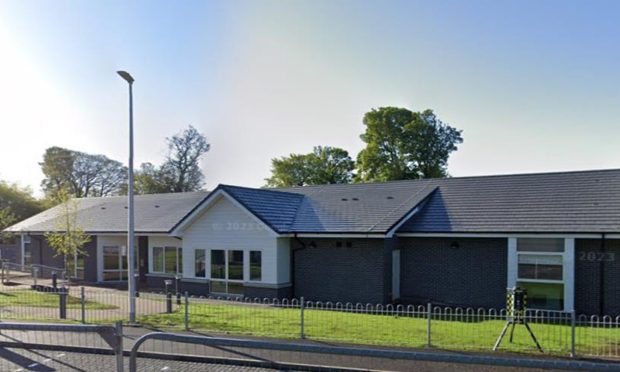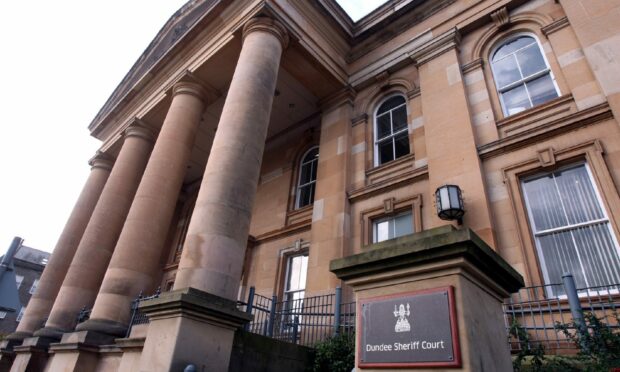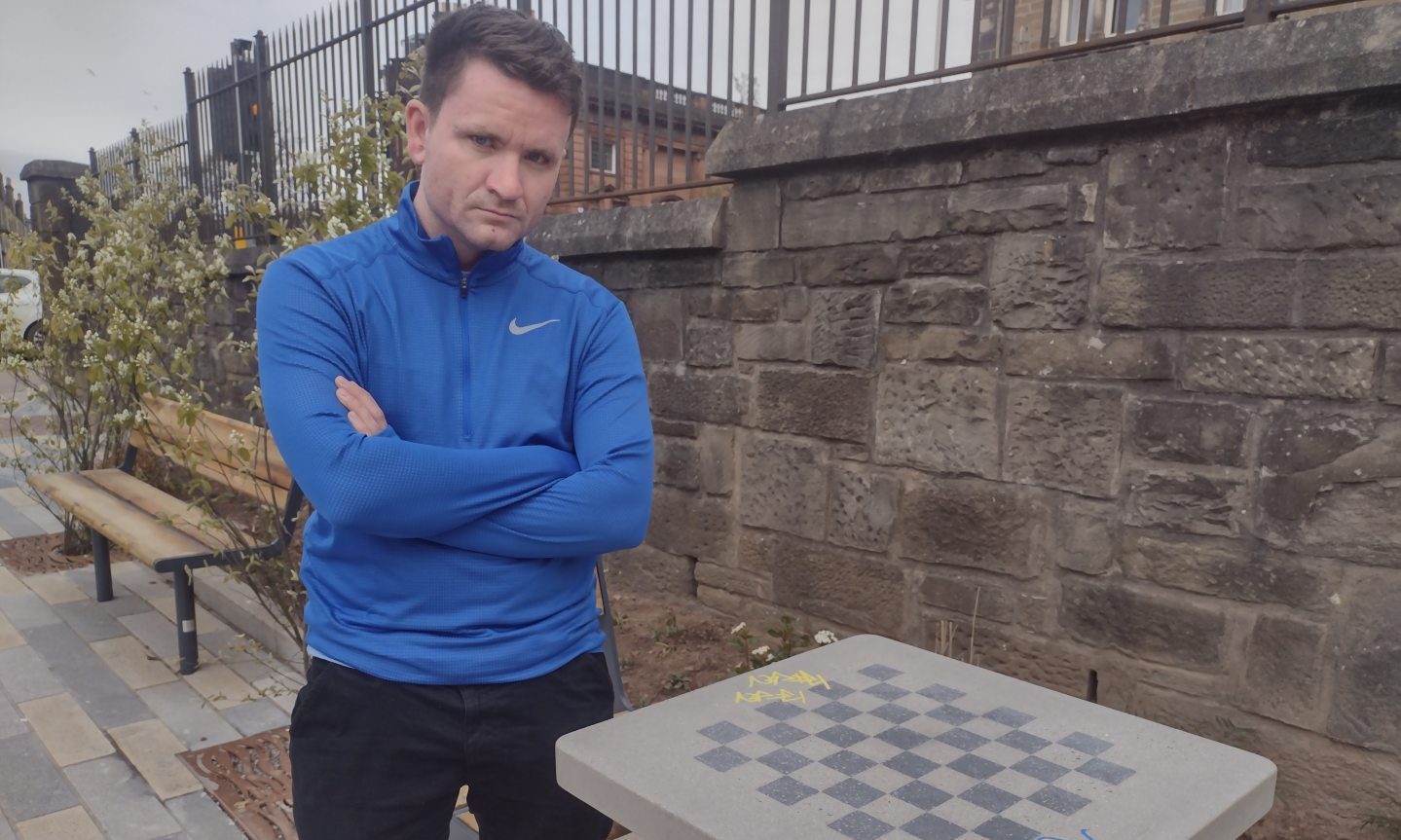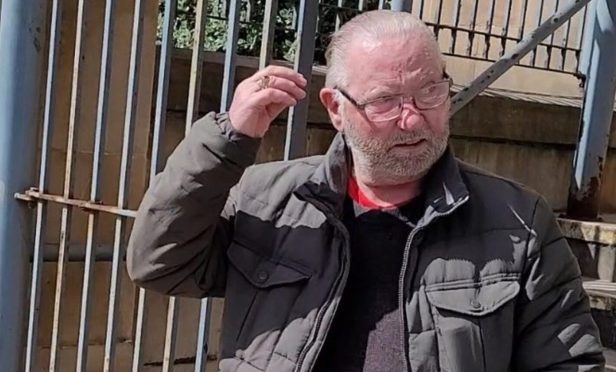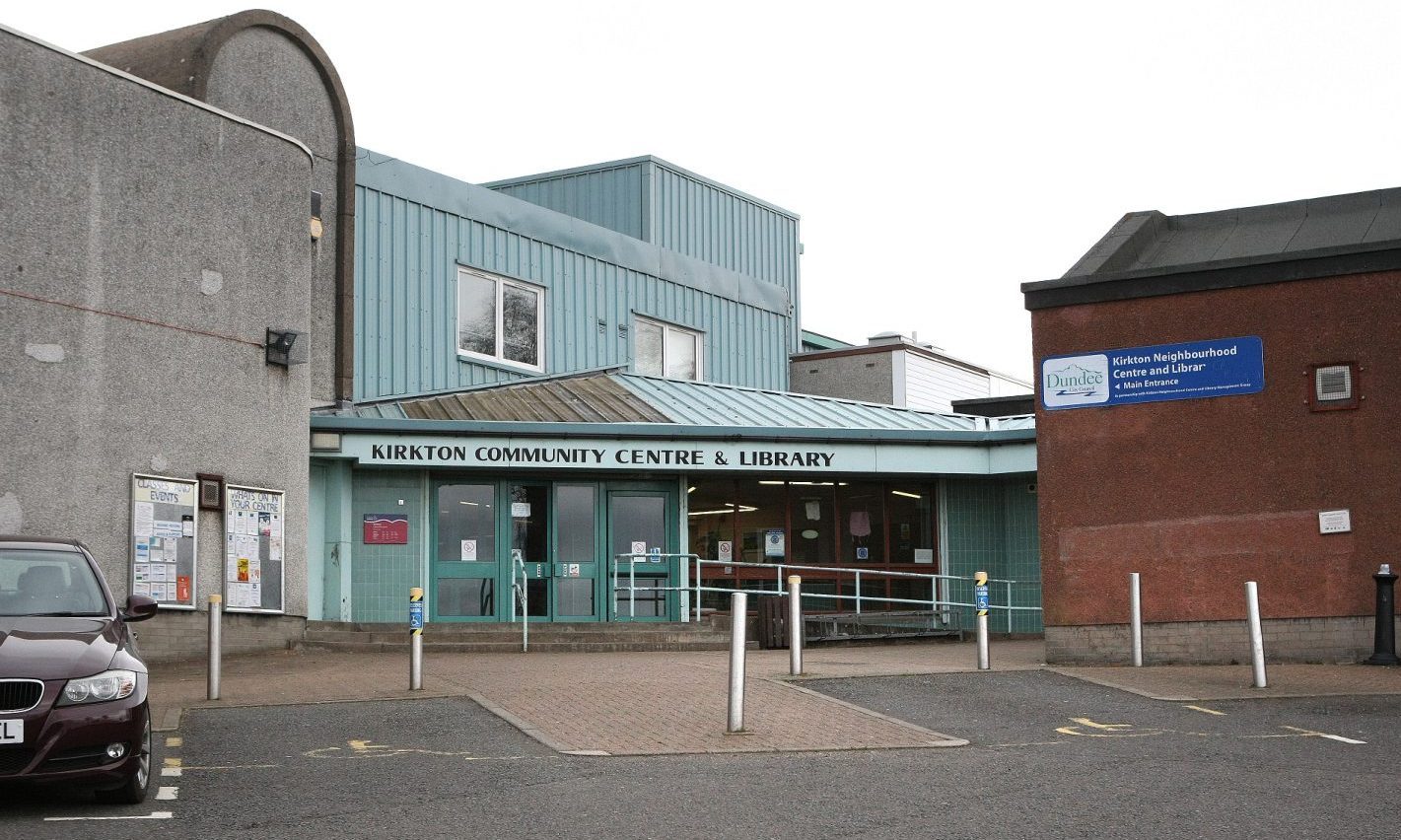Police were called out to incidents involving concern for a child more than 800 times in 2018.
The shocking figure has emerged in the annual report by the Dundee Child Protection Committee (DCPC), which is going before the city council’c children and families services committee on Monday.
Almost half, 46%, of the call outs were for domestic abuse situations — meaning the child was not necessarily directly involved in the incident, but had been identified as being in the environment.
The second highest cause for police responses last year was missing persons. Sexual incidents accounted for 5% of the cases.
There were 510 new referrals to Dundee City Council involving child protection concerns in 2017/18 — an increase on 100 from the previous financial year.
The report says this increase may be “reflective of a greater awareness of child risk issues”.
Dundee is home to 23,889 people under the age of 16, almost half of whom are said to be living in poverty.
About 43% live in communities identified as the most deprived in Scotland, although the report stresses that children from any background can be at risk of abuse or neglect.
The National Society for the Prevention of Cruelty to Children (NSPCC) has urged anyone who suspects a child is at risk of any kind to contact them.
A NSPCC Scotland spokesman, said: “It is always concerning when hundreds of children are exposed to potentially damaging experiences as victims or witness of crime.
“It is vital that anyone concerned about a child seeks advice from the NSPCC through our dedicated helpline, or if they believe a young person is in danger by contacting the police immediately.
“Any adult concerned about the welfare of a child or young person can call the NSPCC helpline for free on 0808 8005000.
“Children can call Childline at any time on 0800 1111.”
Members of the family services committee have been advised to approve the report, as well as six recommendations on how to improve the DCPC.
If the plans are rubber-stamped, there will an overhaul in how data is presented to better inform decision making as well as a review of the roles and functions of the committee members.
Other recommendations include ensuring that learning from significant case reviews is applied across Dundee.


